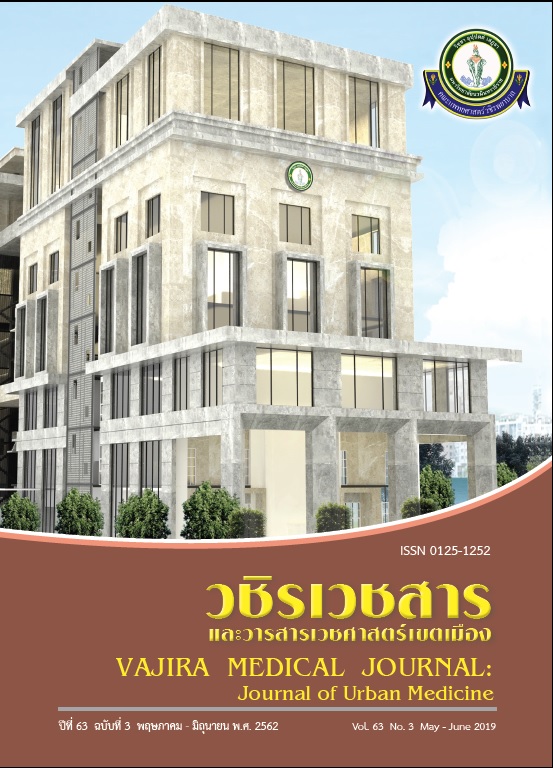Factors for Implementing Land Readjustment Projects in Thailand.
Main Article Content
Abstract
Objective: To study factors that affect LR operations, problems, threats and solutions of LR operations and provided suggestions for future management by focusing on three agencies operate Land Readjustment projects; the Department of Public Works (DTP), the National Housing Authority (NHA), and the Bangkok Metropolitan Administration (BMA).
Methods: Qualitative research methods; Data were collected from research documents along with LR operators and land owners’ representatives interviews.
Results: LR operation models were different depends on agencies’ policy and mission. The DPT operated in both central and regional level with the project named “One province, One LR Project”. The BMA arranged LR Masterplan, which is consistent with the BMA strategic plan and the BMA comprehensive plan. The NHA cooperated with the DPT in studying the possibility of operating LR projects on NHA’s land. There are three main obstacles in operating LR: 1) Imbalance of staffs and workloads, 2) Limited budget on constructions and operations, and 3) Land owners’ willing to participate. Success factors in operating LR are: 1) Supporting policies to LR projects, 2) Skillful staffs, and 3) Limited of land owners’ Participation.
Recommendation: Suggested that the government should adopt LR as a part of the planned area development. LR should be promoted as one of development tools and all three agencies should work together along with other public agencies to plan and implement LR in country level. Moreover, Land Readjustment Fund could provide budget for constructions. There should be specific team for LR operations to negotiate with land owners and cooperate between re-plotting team and land-owners. Also, there should be LR team in all provincial level. Private sector should participate in the operation with government monitoring. LR should be promoted using digital technology and information technology for better understanding. Participation with government sectors will support future success and development.
Downloads
Article Details
References
2. Ketchowna N. Problem in the Land Reform Program of the Province of Phitsanulok. (Dissertation). Bangkok: Silapakorn University; 2011.
3. Kuppers H. Thoghts on the ‘Lex Adickes’. Seminar on Urban Development: Focus on Land Management, October 1982; Nagoya, Japan; 1982.
4. Land Readjustment Act, B.E. 2547. Volume 121: 1-12. (Dec 27,2014)
5. Matsui M. Case Study Land Readjustment in Japan. Tokyo. Japan; 2017.
6. Montandon T. and Souza F. R. Land Readjustment and Joint Urban Operations. Japan; 2007.
7. Sukolratanametee S. The Motivation and Obstacle of Getting Landowners to Participate in the Land Readjustment Projects. (Dissertation). Bangkok: King Mongkut’s Institute of Technology Ladkrabang; 2011.
8. Suksawangrungroj K. Land readjustment Process for Housing: A Case Study of Land Plots on Suan Luang Rama IX, Bangkok Metropolitan Administration (Dissertation). Bangkok: Chulalongkorn University, Bangkok; 2005.
9. World Bank Group. Case Study Land Readjustment in Japan. Tokyo Development Learning Center. Tokyo. Japan; 2017.
10. Yanase N. A Historical View Reconstruction Project from Disaster for Land Readjustment. Japan; 2012.


